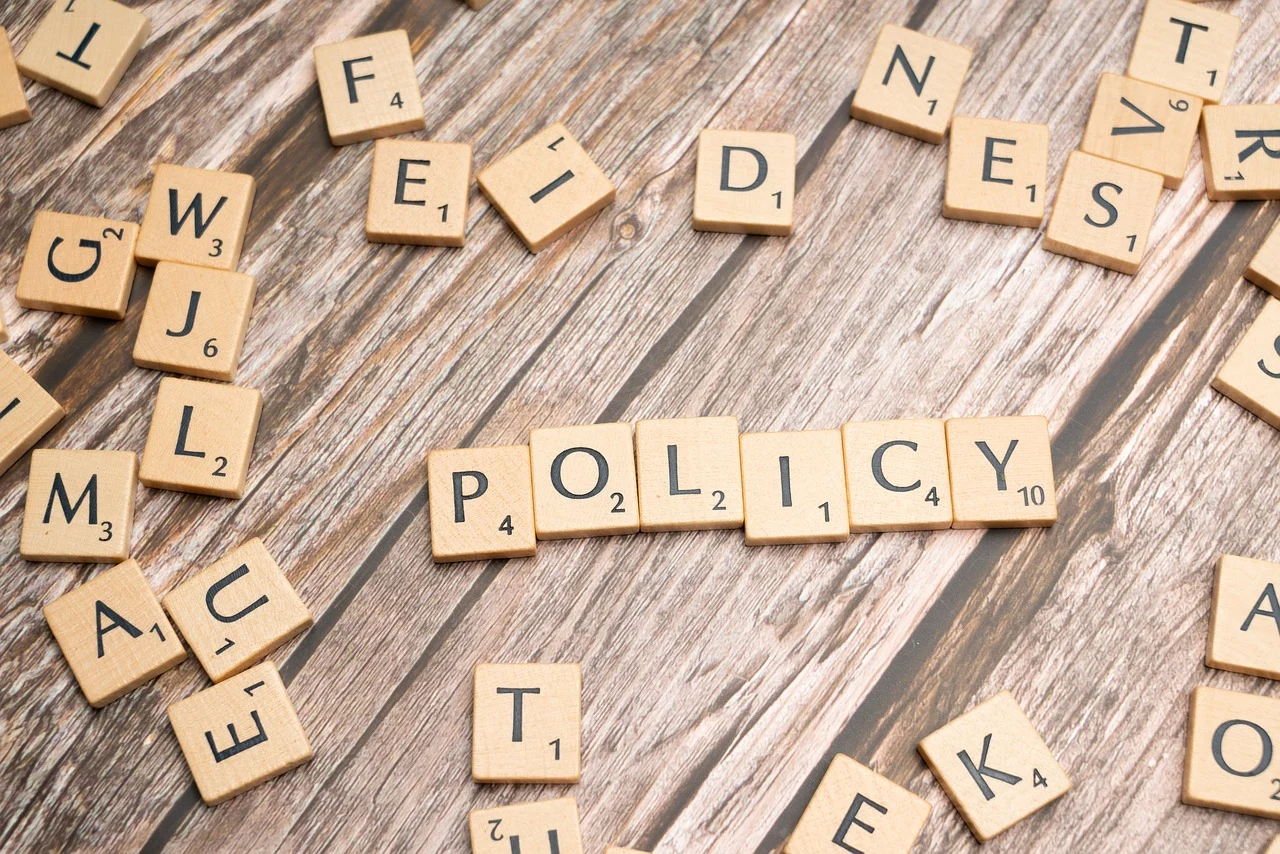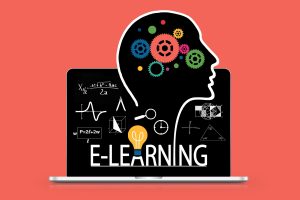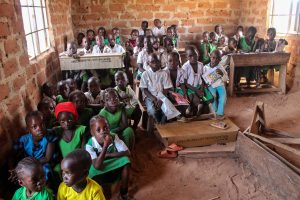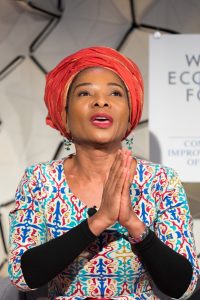The rejection of the Basic Education Laws Amendment (BELA Bill) by the Democrats Alliance of the South Africa stands in stark contrast with the ambitious education reform packages outlined in the party’s 2024 Education Manifesto. However, examining the provisions of the bill and the party’s counter-proposed measures, a fundamental difference in approaches to South Africa’s educational challenges becomes apparent.
From a general perspective, the following are the Tenets of the Bela bill:
to enhance the control of the Department of Basic Education over the schools; facilitate the operation of School Governing Bodies in management; facilitate the introduction of new infrastructure and returning the school districts; provide a more proper accountability and oversight system and introduce a framework creation for learning support to children with disabilities. However, from the point of view of the DA, it argues that the bill is dubious in several ways.
School management eroding:
According to the Basic Education Laws Amendment for the DA of South Africa, the bill entails eroding the autonomy of the schools that may lead to a threatening school management atmosphere. In this concern, the bill may not fall in line with the DA’s manifesto that emphasizes school autonomy giving due consideration to the interests in the community and needs. When the bill is effective, the schools will not be able to change the curriculum or the assessments for the benefit of the pupils. This way, the school management at any level becomes less efficient and flexible. The bill will make the schools account for every coin, which is dramatizing the number of administrative reports required by teachers depriving the pupils of teacher’s attention. The DA suggests that the schools should be forced to prepare annual reports regarding the test results. The schools’ head should submit the results to the superiors of education for accountability measures.
Inclusive education challenges:
The DA is supportive of inclusive education but critical of the practicality and efficacy of the BELLA Bill’s inclusion. Their suggestions revolve around devising a more flexible, needs-based model which would allow schools to create their plans in line with the specific requirements needed to support a student with disabilities.
Stakes for South African Education
The divide between the DA and the government on the BELLA Bill has considerable implications for education in South Africa. Essentially, this is a debate about decentralization versus centralization, bureaucracy versus professional autonomy, and a narrow degree of creating standards versus a more flexible and context-specific approach.
Research suggests that increasing school autonomy is generally associated with an improvement of students’ academic achievements. Excessive bureaucratic requirements can curtail the opportunities for innovation within the system and instead introduce a strict top-down approach that is fine when it comes to filling in for the huge variety of pupil needs that many ordinary schools have to support.
Consequently, the potential practical repercussions of the BELLA BILL are something to be concerned about, especially given its focus on structural changes while there are more pressing issues surrounding teachers, their quality, the relevance of the curriculum, and the general lack of facilities and equipment.
Potential solutions
The most productive way to move forward is likely a compromise. The possible version of this compromise could involve:
- Providing SGBs with a higher degree of autonomy, training, and assistance.
- Introducing a system of accountability that relies on measurable performance relative to children’s educational achievements and developmental outcomes rather than on-reaching compliance requirements.
- Creating a more flexible system of inclusive education, under which schools would receive the resources and assistance required to write their students’ support programs and would be expected to meet minimum standards.
- Introducing pilot programs to test accountability and governance system models.
Essentially, the key is to find a balance between central control and effective school administration, while also a balance between accountability and support.




